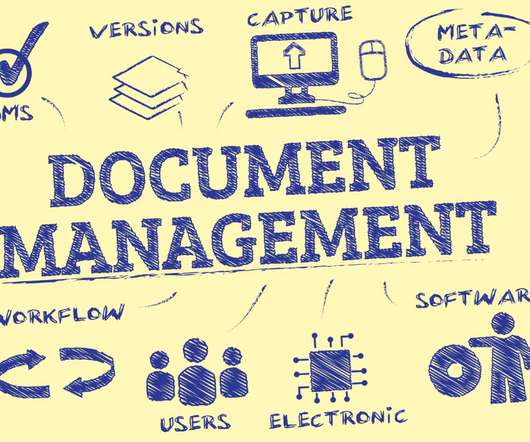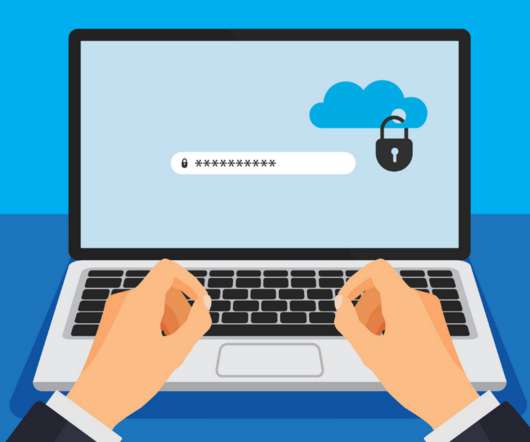AT&T Extended Its Remote Work Policy, But Some Employees Are Still Being Forced Back
Allwork
AUGUST 18, 2022
“The extension agreement allows us to go back to working from home in a crisis—but we know of call centers and payroll departments that have had outbreaks, and they are not going back to working from home there,” said Kieran Knutson, an AT&T call center worker and leader of the CWA’s Minneapolis chapter. .













Let's personalize your content